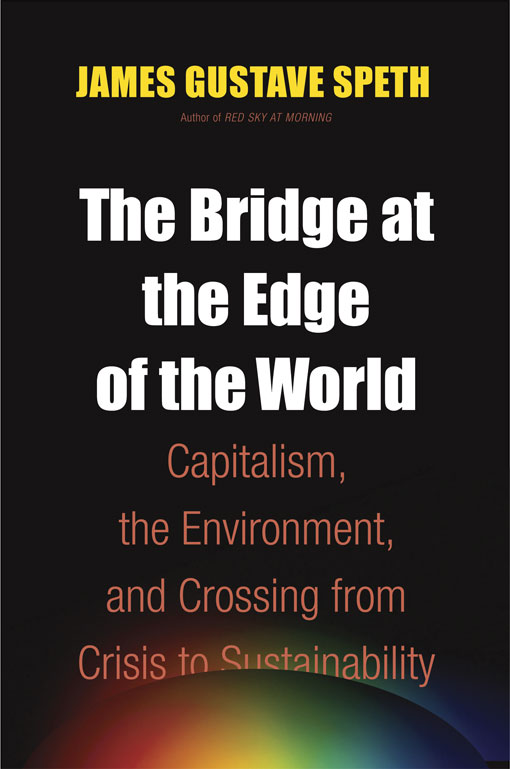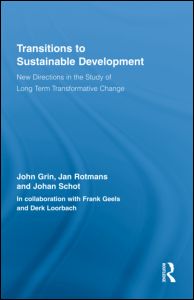
 Transitions to Sustainable Development: New Directions in the Study of Long Term Transformative Change
Transitions to Sustainable Development: New Directions in the Study of Long Term Transformative Change
John Grin, Jan Rotmans, and Johan Schot in collaboration with Frank Geels and Derk Loorbach
Routledge, 2010, 381 pages.
Many citizens and decision makers are able to define goals for sustainability. Achieving these goals in practice, however, is far more difficult.
Individuals are simply one part of a larger societal system composed of knowledge, institutions, norms and behaviours, as well as physical infrastructure. Once established, these larger systems entrench various patterns of unsustainable consumption, such as food choices, mobility patterns and energy consuming lifestyles. These path dependencies constrain communities and individuals from achieving their sustainable development goals.
[Click here to read more!] Continue reading Transitions to Sustainable Development








